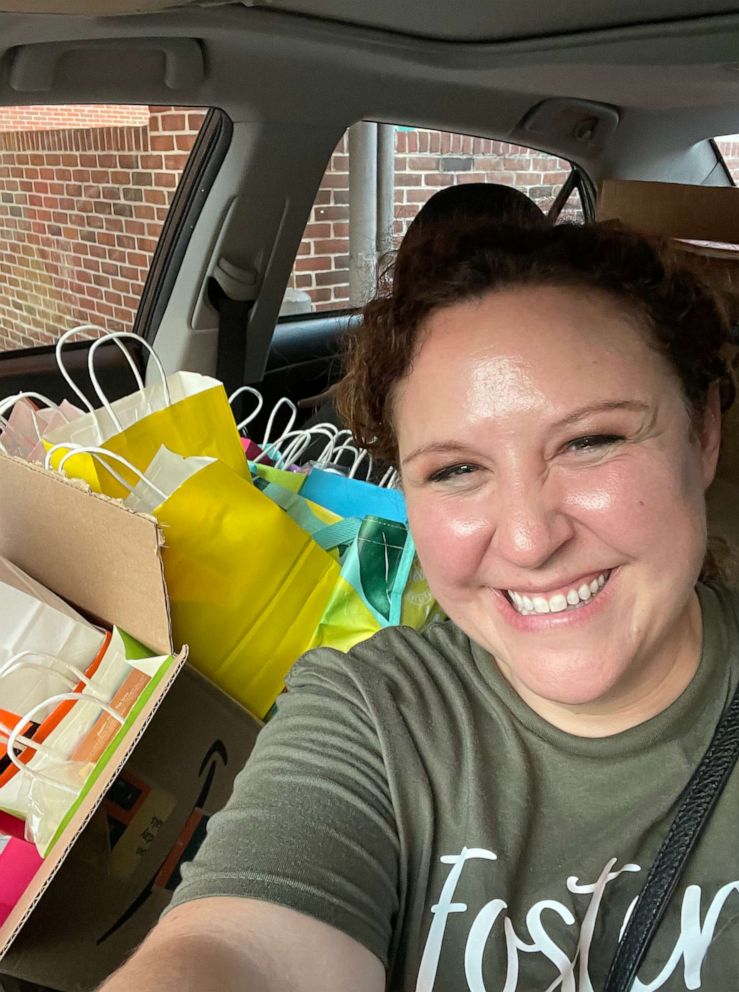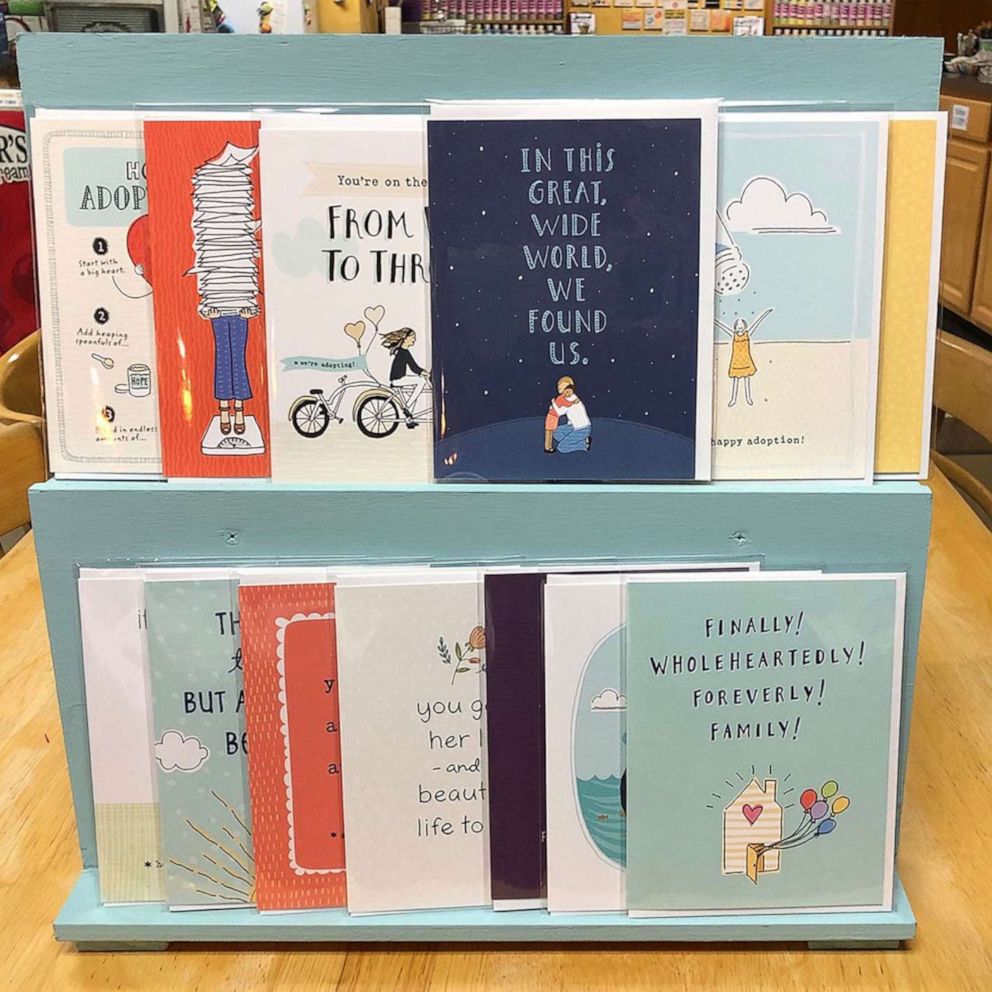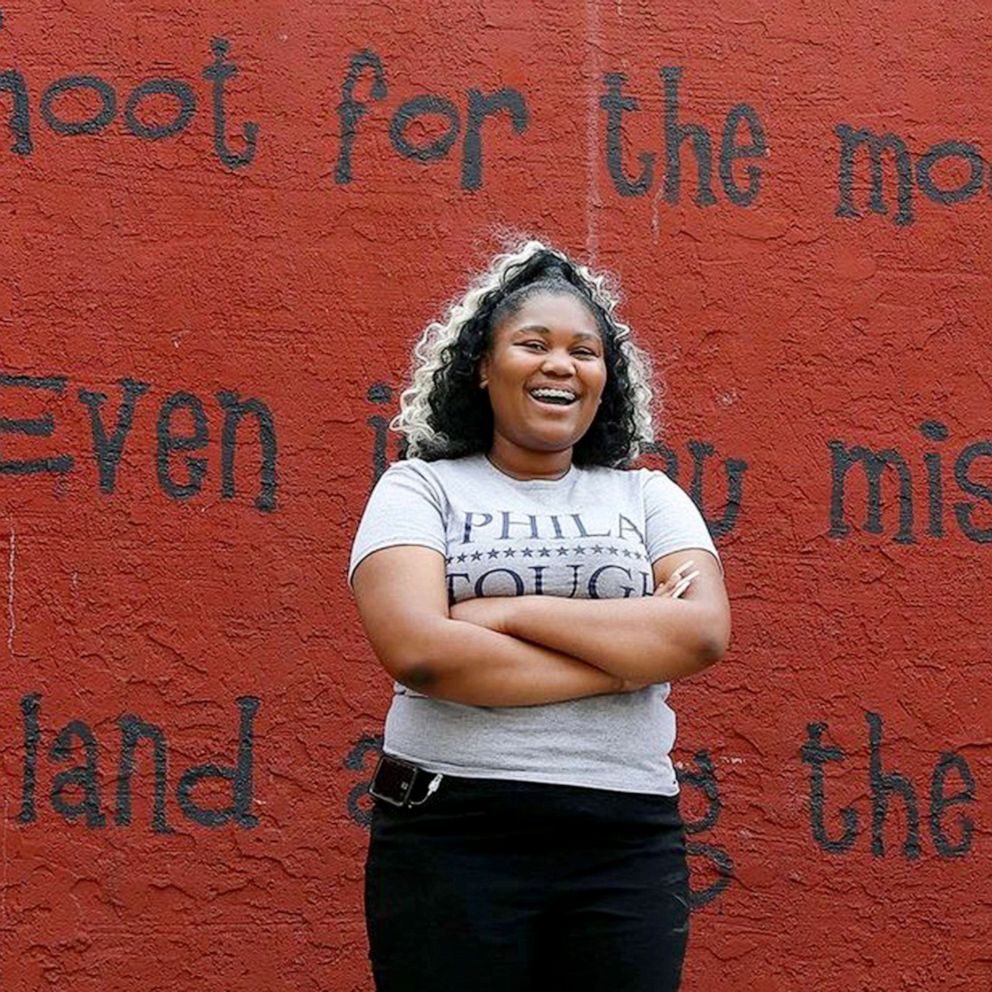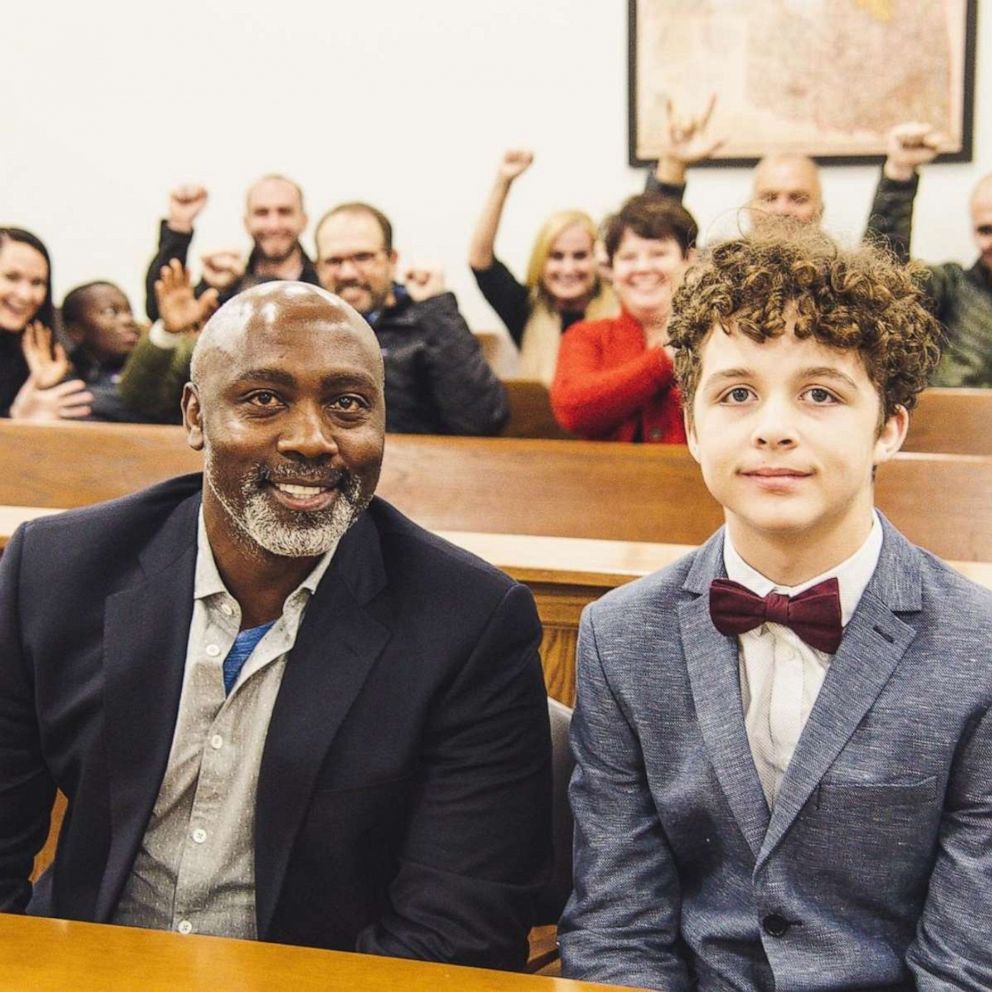Woman uses TikTok to educate on the importance of fostering teenagers
"It definitely is something that's hard, but it's so beautiful."
One woman is using social media to advocate for being a foster parent to teenagers.
Brittany Burcham, 35, from Birmingham, Alabama, became a certified emergency foster parent in October 2019, and has fostered around 50 kids since then. Though she's licensed to foster up to age 21, most kids she takes care of are 10 to 17. It was one of her teen fosters that pushed her to create her TikTok account, fostertheteens, last April in order to talk about what it's like to foster a teenager.
"She said to me, 'Miss Britney, there's a lot of foster parents on TikTok, but they're all talking about little kids. Nobody's talking about fostering teenagers. You should do a TikTok about fostering teenagers,'" Burcham told "Good Morning America," recalling what the teen said to her.
Burcham, not knowing anything about the platform, was hesitant at first.
"So I got on there and just talked about fostering teenagers, parenting teenagers and the foster care system in general," she said. "I've been blown away by how many people are interested in the topic and who want to know more."
Over 170 videos later, Burcham has amassed a following of 800,000 on the app.

Before she became a foster parent, Burcham was a court-appointed special advocate (CASA) for three years in the Washington, D.C., area. CASAs are volunteers who get assigned a child in foster care and then advocate for that child and their best interests in court.
"You get to know the child, you get to know their family and their life," she said. "Then when it's time to go to court, you submit a report that makes recommendations for that child."
It was Burcham's first experience of being a CASA for a teenager that made her want to become licensed to foster herself.
"I was never open to teenagers before, but after spending time getting to know and advocating for a child in foster care who was a teenager, you realize just what a huge difference you can make in one life," she said. "And I really wanted to do that on a bigger scale, so I became licensed to foster."
According to the most recent data from the U.S. Health and Human Services Department, there were about 424,000 kids in foster care as of September 2019. Of those, 26% were teenagers ages 13 to 19.
Older children are the "hardest to place," Burcham said, which can be due to stereotypes that they're more likely to be difficult and cause problems.
Takkeem Morgan, 39, knows firsthand how the system can be. He entered the child welfare system in 1993 at 10 years old and bounced around foster care and group homes until he aged out at 18.
"They told me early when I was first going through the system, 'Foster parents don't take teenage boys,'" he told "GMA." "It's a very tough experience."
Morgan is a Foster America alum and created the Foster Together program in conjunction with the Indiana Department of Child Services, which provides support to foster families and helps child welfare agencies innovate how they recruit and retain foster parents.
Whether or not they're "difficult," all teens really need, Morgan said, is some patience, love and freedom to express themselves. Besides going through their formative years, they're also dealing with the trauma that put them in the system in the first place.
"It's growing pains," he said. "Just understand that there are physiological changes in the brain that happen through a child's development and those changes require a person to act a certain way, do certain things. Some of what you experience is the clash between trauma and the actual brain development."
Morgan added, "So if we pour into these kids and give them love and attention and guidance, then they become loving and attentive people that can guide and support others."
Due to the frequent travel required by her work, Burcham chose to become an emergency foster parent. Emergency fostering requires the same checks a long-term foster parent would need to become certified, the main difference being that the former provides short-term care for children who've been placed in state custody until a permanent solution is found.
"The kids come to me for a variety of different reasons," Burcham said. "It could be that it's their first night in foster care -- they were just removed from their family that day and they come to me while they're trying to find either a relative placements or work things out with the family, or finding a more permanent home."
She continued, "Sometimes kids come to me if they're being moved between foster homes, or if they're coming from a group home, or any kind of treatment center thing."
In her videos, Burcham does everything from answering questions to giving advice to showing how she prepares for an emergency foster.
Her series "Things in my foster home that just make sense" details all the items she has in her home for emergency fosters, such as nightlights, stomach medication, extra blankets and a game closet.
"They're things that I've learned in this role," Burcham said of the series.
For example, Burcham noticed a lot of her kids don't sleep under the blankets on the bed, so she provides extra blankets so they can sleep on top of the bed but still be covered. Things like conversation cards are there to prevent any lulls in conversation, while a TV in their room is there in case they like to sleep with background noise on.
Burcham hopes her videos help shine a positive light on foster care and the kids in it, as well as encourage more people to do it.
"It definitely is something that's hard, but it's so beautiful," Burcham said. "There's nothing heroic or magical about it -- it's just people who are willing and want to make a difference in this world. That's all foster care is."
By focusing on the kids, she said, and nurturing them, people can help break the cycles and generational curses that the kids are a part of.
"I think that foster care is often this hidden thing," she said. "We know it exists, we know that it's a messed up system and that's pretty much all we know about it. I want people to know that it's not just this deep, dark hole that's irredeemable, that at the heart of it are incredible kids that make up our communities."







